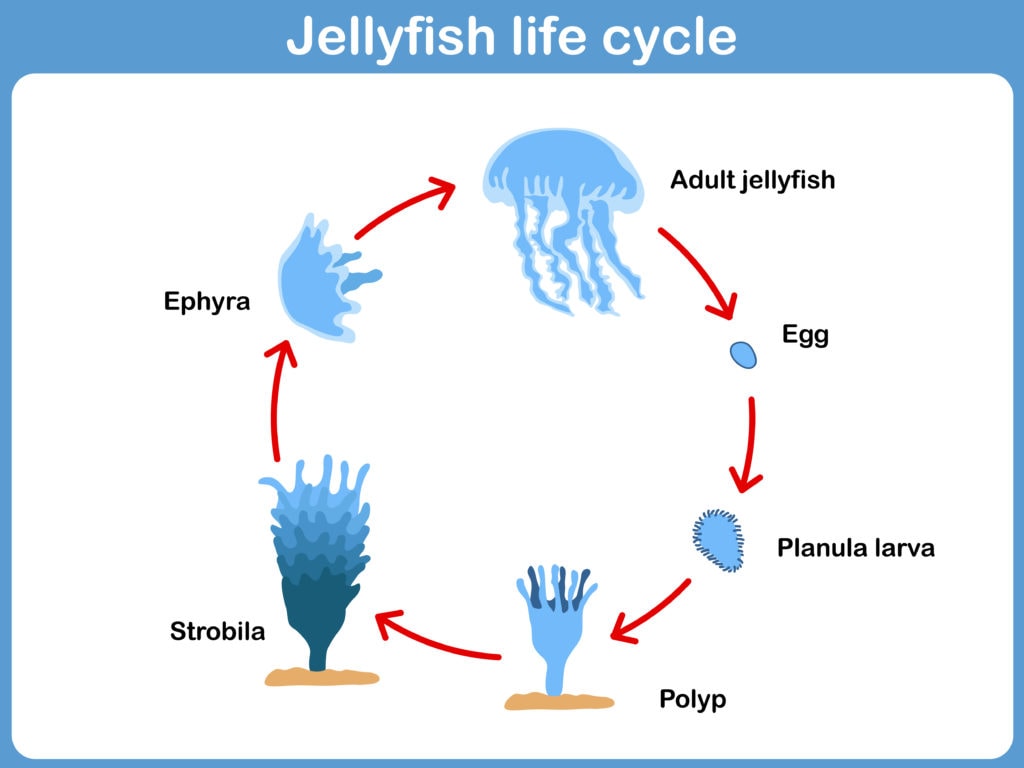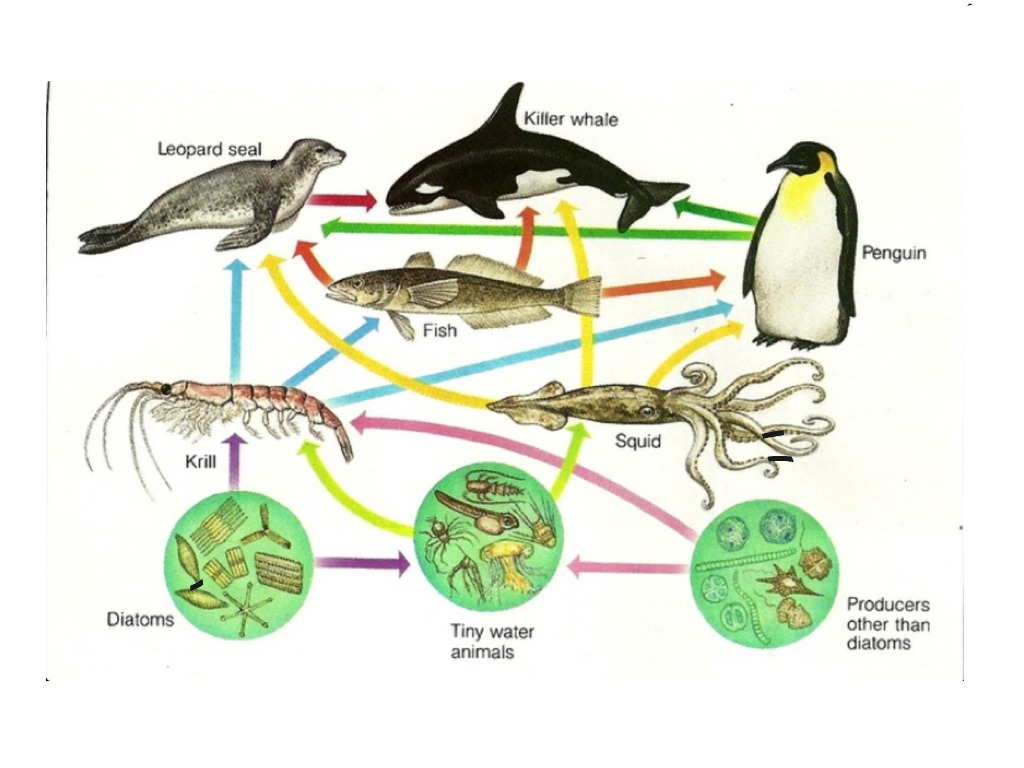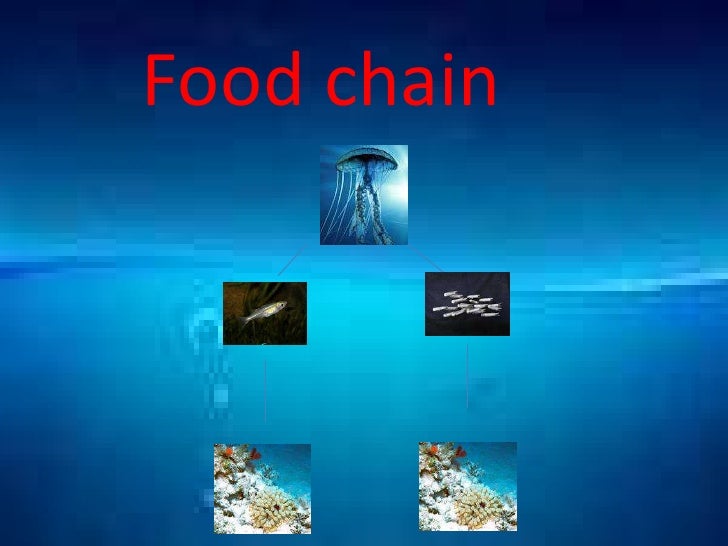Jellyfish Food Chain Biology Diagrams
Jellyfish Food Chain Biology Diagrams Bony Fish & Sea Turtles. Sea nettles are also an important food source for some of the largest animals in the world; both the largest bony fish (Mola mola) and the largest sea turtle (the Leatherback sea turtle Dermochelys coriacea) subsist almost solely on jellyfish. In Chesapeake Bay, many fish, including the Atlantic Spadefish and Butterfish

Level Two: Herbivores The next level of the marine food chain is made up of animals that feast on the sea's abundant plant life. On the ocean's surface waters, microscopic animals— zooplankton, which include jellyfish and the larval stages of some fish, barnacles, and mollusks—drift across the sea, grazing opportunistically. Larger

What Do Jellyfish Eat & How Do They Do It? Biology Diagrams
Some jellyfish, such as the moon jellyfish, are suspension feeders. This means they have a special filtering system to collect food particles, like zooplankton, that are floating in the water. Rather than searching for food, they let the food come to them as they move through the water. The spotted jellyfish also has a different feeding strategy.

Introduction to Jellyfish Predators. Jellyfish are an important food source for many marine animals, ranging from small fish to large mammals. Some species of fish, such as the sunfish and the blue tang, feed on jellyfish as a primary source of nutrition.These fish have evolved specialized digestive systems that allow them to break down the stinging cells and extract the nutrients from the

Ocean (Marine) Food Chain: Examples and Diagram Biology Diagrams
Jellyfish, often mistaken as mere drifters of the ocean, play a significant role in the marine ecosystem. Understanding how jellyfish compare to other marine animals within the food chain can provide insight into their ecological importance and impact on ocean health.
